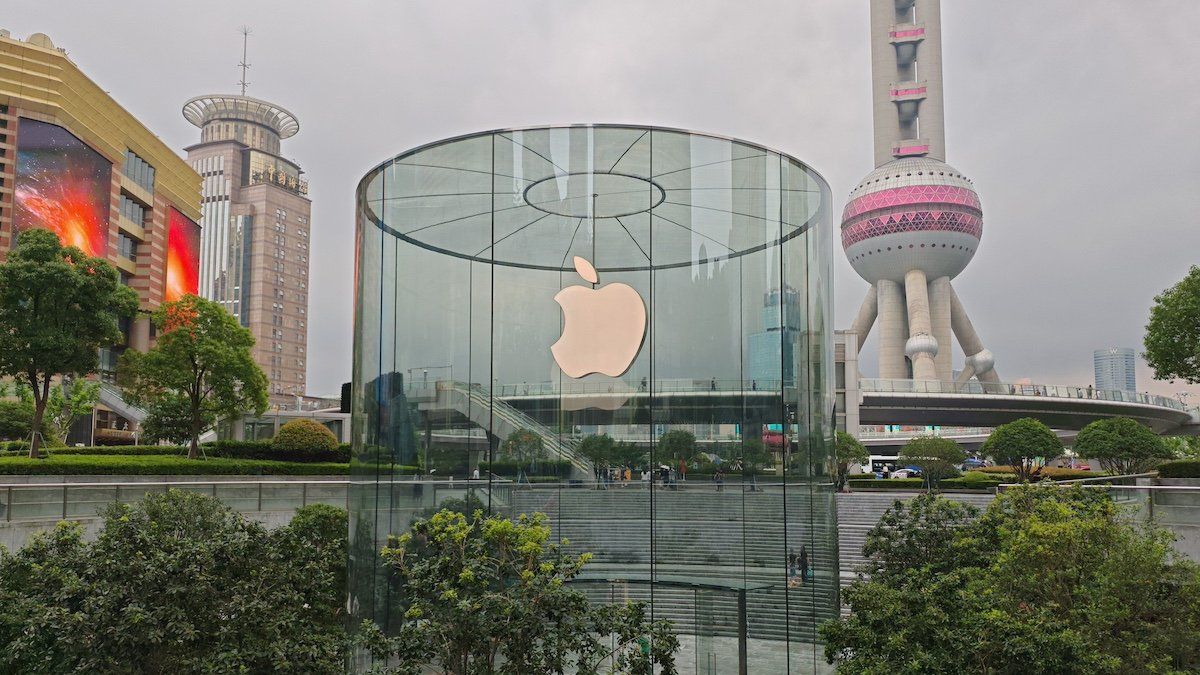Apple isn’t synonymous with artificial intelligence — at least not yet. In the West, Apple has lain in wait while OpenAI, Anthropic, Microsoft, and Meta jump forward with powerful generative AI models. That’s about to change when Apple adds its recently announced Apple Intelligence system to iPhones, but the company is also struggling to make a dent in another global market: China.
Apple is losing market share in the Chinese smartphone market — where it formerly held a dominant position — because it hasn’t yet incorporated artificial intelligence into its phones. Chinese brands, such as Vivo and Honor, which took the top two spots, have AI built into their systems.
One challenge may be that companies need government approval before introducing AI — and Apple is already out of favor in the eyes of Beijing, which has largely banned its devices from government use. “As of March, Beijing’s internet watchdog, the Cyberspace Administration of China, had approved 117 generative AI products, none of which is foreign-developed,” the Wall Street Journal notes.
We’re watching how Apple tries to get the Middle Kingdom to take another bite.
